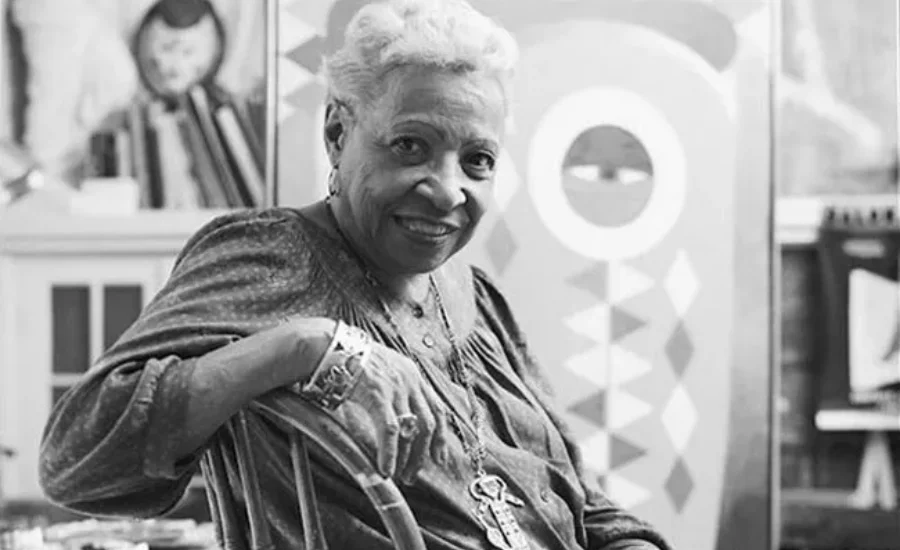Gertrude parthenia mcbrown harlem has long stood as a beacon of Black history, creativity, and transformative social movements. Among the many voices that helped shape this dynamic community, Gertrude Parthenia McBrown Harlem is celebrated as an influential figure whose dedication to education, activism, and community empowerment left an indelible mark. Her contributions extend far beyond the traditional narratives of the Harlem Renaissance, positioning her as a visionary whose work continues to resonate across generations.
This article delves into the inspiring journey of Gertrude Parthenia McBrown Harlem, exploring her early beginnings, her extraordinary accomplishments, and the enduring impact she has had on Harlem’s cultural and social identity.
Who is Gertrude Parthenia Mcrown Harlem?
Harlem, known as a vibrant epicenter of Black culture and progress, has been shaped by countless figures who dedicated their lives to uplifting the community. Among them, Gertrude Parthenia McBrown Harlem stands out as a remarkable leader whose efforts in education, activism, and the arts continue to resonate. While not as widely recognized as some of her contemporaries, her contributions are pivotal in understanding the rich history of Harlem and its transformation into a beacon of Black excellence.
Early Life and Upbringing in Harlem
Born at the turn of the 20th century, Gertrude Parthenia McBrown Harlem’s early years were shaped by a Harlem that was rich in intellectual and Artistic inspiration. During this time, Harlem was rapidly becoming a center of Black cultural life, attracting Black intellectuals, artists, and activists. Raised in a family that prioritized education and community responsibility, Gertrude learned early on the importance of fighting for justice and equality.
Growing up in this unique environment provided Gertrude with the foundation she needed to develop her deep commitment to activism. Harlem was an incubator for both artistic expression and social change, making it the perfect place for McBrown to cultivate her talents and her vision for community empowerment. The racial segregation and discrimination that marked this era became a catalyst for Gertrude’s desire to challenge societal barriers, particularly those faced by African American women.
A Vision for Education and Empowerment
Gertrude Parthenia McBrown Harlem’s dedication to education was one of the defining aspects of her life’s work. At a time when educational opportunities for African Americans—especially women—were limited, Gertrude understood that education was not only a means for personal advancement but also a tool for social transformation.
As a young woman, McBrown recognized the potential of education to break the cycle of poverty and disenfranchisement that plagued the Black community. She was especially focused on improving access to education for African American children, who were often relegated to underfunded and overcrowded schools. Gertrude worked alongside other community leaders to push for equal resources and better educational conditions for children in Harlem.
Her activism in education also encompassed the empowerment of women. She was a vocal advocate for expanding educational opportunities for young girls, particularly those from disadvantaged backgrounds. Gertrude believed that educating women was crucial not just for their personal success but also for the betterment of society as a whole. By promoting education for women, she helped to pave the way for future generations of African American female leaders.
Gertrude Parthenia McBrown Harlem’s Role in Social Justice
While education was a cornerstone of her work, Gertrude Parthenia McBrown Harlem’s activism spanned a wide array of social justice causes. At the heart of her activism was the fight for racial equality. Like many of her peers during the early 20th century, McBrown was deeply invested in the Civil Rights Movement. However, her focus extended beyond just racial issues—she also sought to address gender inequalities, often pushing for the inclusion of Black women in broader civil rights movements that were primarily led by men.
During a time when African Americans faced the pervasive horrors of Jim Crow laws, disenfranchisement, and systemic racism, Gertrude became a strong voice for change. She participated in protests, spoke at rallies, and worked with organizations dedicated to civil rights. Her activism was rooted in her belief that true liberation for African Americans could only be achieved through collective action and solidarity.
One of her most significant contributions to the social justice movement was her emphasis on intersectionality—the understanding that racial and gender issues are intertwined and must be addressed together. Gertrude recognized that the experiences of African American women were often overlooked in larger discussions of civil rights. She worked tirelessly to bring attention to the unique struggles faced by Black women, making sure their voices were heard and their needs were met.
A Life Rooted in Community and Change
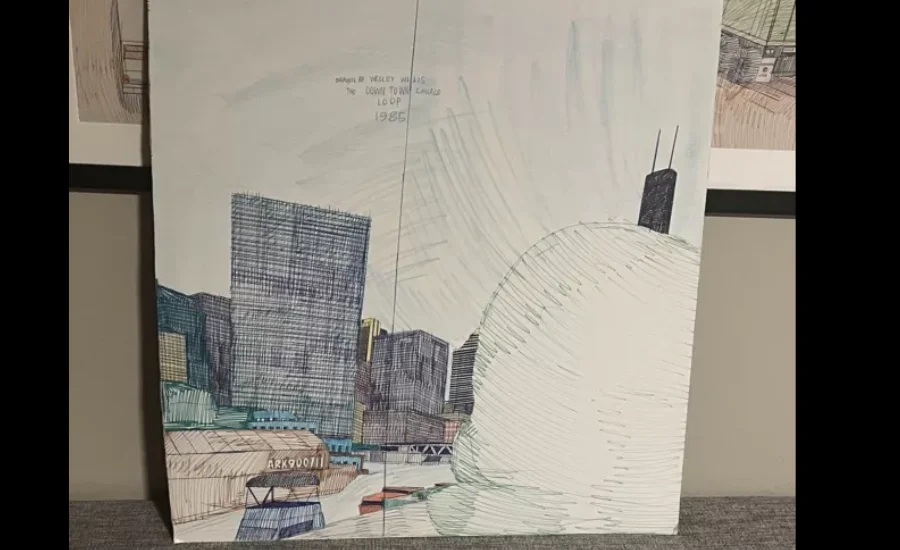
Gertrude Parthenia McBrown Harlem was born at the dawn of the 20th century in Harlem, a neighborhood that would become synonymous with Black empowerment and cultural innovation. Raised in a family that valued education and civic responsibility, Gertrude was inspired from a young age to challenge the societal constraints imposed by systemic racism and sexism. Her early exposure to the burgeoning social movements in Harlem shaped her vision of community empowerment and set the stage for her lifelong commitment to progress.
Through her education, Gertrude developed a profound understanding of the power of knowledge as a tool for liberation. She excelled academically, demonstrating a natural ability for leadership and a passion for learning. These qualities not only propelled her personal achievements but also fueled her determination to create opportunities for others, particularly African American women and children who faced significant barriers during this era.
Education as a Catalyst for Empowerment
One of the most defining aspects of Gertrude Parthenia McBrown Harlem’s legacy is her dedication to education. At a time when access to quality schooling was a privilege denied to many African Americans, Gertrude tirelessly worked to improve educational opportunities in Harlem. She believed that education was more than just a pathway to individual success—it was a means of transforming entire communities.
Gertrude advocated for equal funding for schools in Harlem and emphasized the importance of integrating African American history and culture into the curriculum. She understood that representation in education was vital for fostering a sense of pride and identity among young Black students. Her vision extended beyond academics, as she sought to create an environment where children could thrive and dream beyond the limitations society placed on them.
Her efforts were not limited to children. Gertrude was a strong proponent of educational programs for women, recognizing the role of women as change-makers within their communities. She championed initiatives that empowered women through education, equipping them with the skills and confidence to take on leadership roles.
Activism in the Face of Adversity
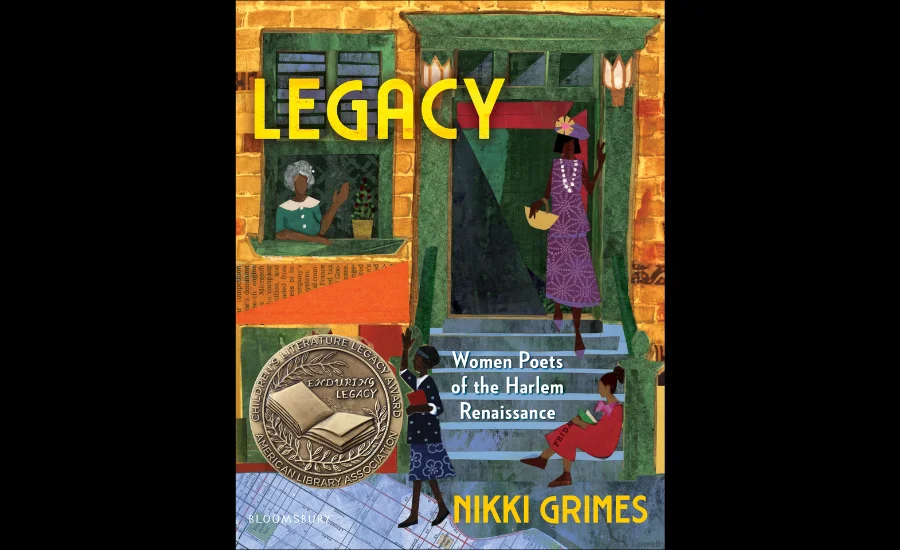
Beyond her work in education, Gertrude Parthenia McBrown Harlem was a passionate activist. She dedicated her life to advocating for racial and gender equality, addressing the systemic injustices that plagued African Americans during her time. Her activism was rooted in the belief that true progress required collective action and the dismantling of oppressive structures.
Gertrude’s involvement in civil rights movements was both bold and strategic. She participated in protests, organized community events, and worked alongside other influential figures to amplify the voices of the marginalized. She was particularly vocal about the need for inclusive movements that recognized the unique struggles of African American women, who often faced a dual burden of discrimination.
Her activism extended to the cultural realm, where she used her influence to support the arts as a platform for social change. She understood that art had the power to inspire, educate, and challenge societal norms, and she worked to ensure that the creative talents of African Americans were nurtured and celebrated.
Honoring Gertrude Parthenia McBrown Harlem
As we reflect on the life and legacy of Gertrude Parthenia McBrown Harlem, it is essential to recognize her role as a trailblazer who paved the way for countless others. Her story is one of courage, vision, and unwavering commitment to justice.
Her contributions remind us that progress often begins with individuals who dare to challenge the status quo and envision a better future. Gertrude’s impact extends far beyond her time, serving as an enduring inspiration for educators, activists, and artists who continue to build on her legacy.
Harlem’s history is rich with stories of resilience and triumph, and Gertrude Parthenia McBrown Harlem’s life is a cornerstone of that narrative. Her work exemplifies the power of community-driven change, and her legacy is a beacon for those who strive to create a more just and equitable world.
The Harlem Renaissance and Cultural Influence
While Gertrude Parthenia McBrown Harlem was not directly involved in the artistic works that defined the Harlem Renaissance, her contributions to the cultural movement were just as significant. The Harlem Renaissance was a flourishing of African American literature, music, art, and intellectualism that saw figures like Langston Hughes, Zora Neale Hurston, and Duke Ellington rise to prominence. Yet, the movement’s success was also due to the behind-the-scenes efforts of people like Gertrude McBrown, who worked to create the spaces and opportunities for this cultural awakening.
Gertrude’s support for the arts was instrumental in the growth of Harlem as a cultural capital. She organized community events, hosted intellectual forums, and provided platforms for local artists and thinkers to showcase their work. She understood that the arts were not only a means of self-expression but also a way to challenge the racial stereotypes and oppression that Black people had endured for centuries.
Her commitment to the arts also extended to nurturing the next generation of African American artists. Gertrude encouraged young people in Harlem to embrace their heritage and use their creative talents to speak out against injustice. By supporting the Harlem Renaissance, she helped to amplify the movement’s focus on racial pride, cultural expression, and political empowerment.
Overcoming Challenges and Systemic Barriers
Throughout her life, Gertrude Parthenia McBrown Harlem faced immense challenges. As an African American woman in the early 20th century, she contended with the intersecting forces of racism and sexism that made it difficult for her to achieve recognition for her work. Despite her significant contributions to education, activism, and the arts, she was not as widely celebrated as other figures in the Harlem Renaissance. This is partly due to the societal biases that undervalued the roles of women and marginalized voices.
In addition to the challenges of discrimination, McBrown also struggled economically, as many African American artists and activists did during this time. However, her dedication to her cause never wavered. She used her art and her voice to sustain herself and her community, and her perseverance in the face of these obstacles is a testament to her resilience and determination.
Gertrude Parthenia McBrown Harlem’s Enduring Legacy
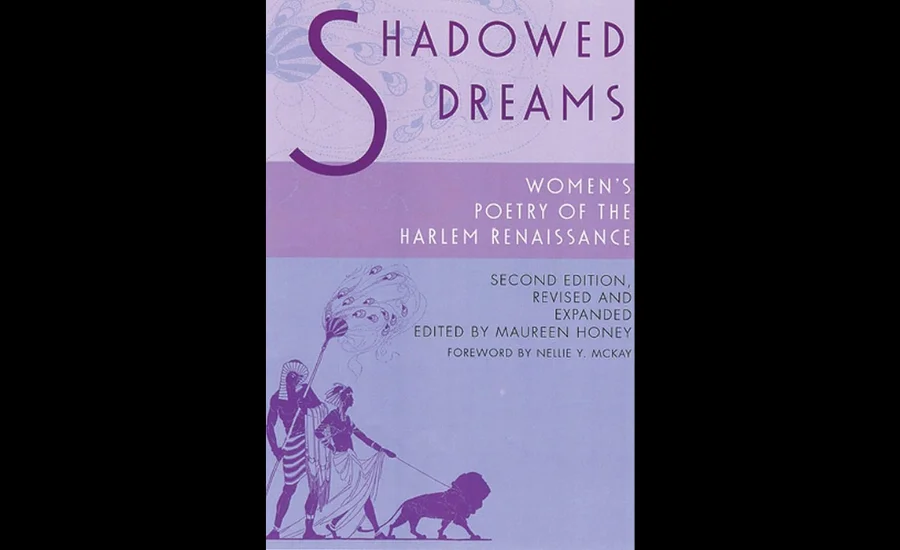
Despite not achieving the same level of fame as her contemporaries, Gertrude Parthenia McBrown Harlem’s legacy has endured. Today, her contributions to education, social justice, and the Harlem Renaissance are being recognized more widely. Scholars and activists are working to ensure that her influence is not forgotten, as her life offers valuable lessons in the power of community-driven change and the importance of intersectional activism.
Her work laid the foundation for future generations of African American leaders. Gertrude’s advocacy for education helped create the framework for more inclusive educational policies, particularly those that highlighted the need for cultural representation in schools. Her commitment to racial and gender equality continues to resonate today, inspiring modern activists to fight for justice on all fronts.
Moreover, her efforts in the arts and culture helped solidify Harlem’s place as a global symbol of Black pride and creativity. Gertrude’s influence lives on through the vibrant community she helped to build, which continues to serve as a model of collective empowerment.
The Future of Gertrude Parthenia McBrown Harlem’s Impact
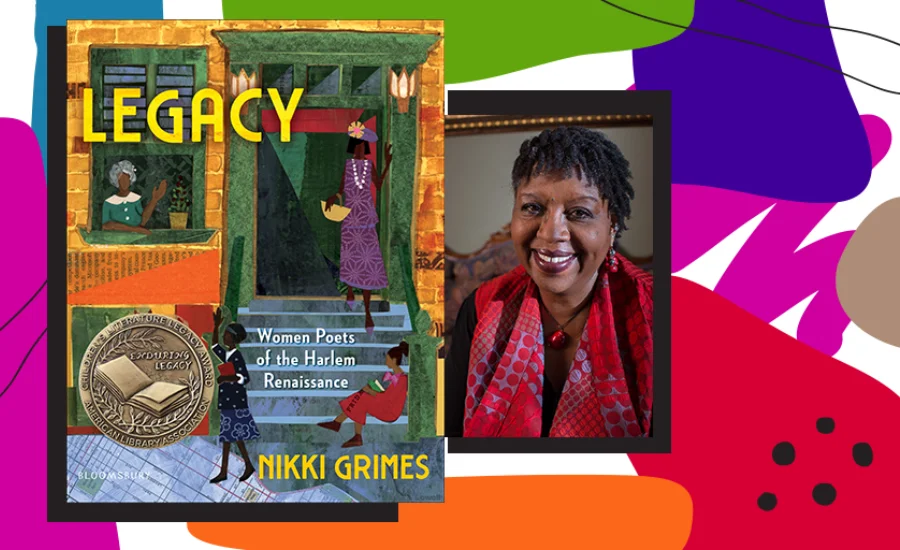
The legacy of Gertrude Parthenia McBrown Harlem continues to shape the Harlem community today. Her belief in the transformative power of education, her advocacy for social justice, and her support for the arts are all pillars of the community’s ongoing strength. As Harlem evolves, her contributions remain an essential part of the story of the neighborhood’s cultural and political development.
Through modern efforts to revisit and celebrate the history of figures like Gertrude Parthenia McBrown, a new generation of activists and educators is being inspired. Her work reminds us that the fight for equality is far from over, and that the pursuit of justice requires both individual perseverance and collective action.
Gertrude Parthenia McBrown Harlem’s legacy is not only a testament to her life’s work but also a beacon for the future, offering guidance and inspiration to those who continue to fight for a more just and equitable world.
Also Read: Xinyi Teng Bank of America
Final Words
Gertrude Parthenia McBrown Harlem stands as a transformative figure in Harlem’s history, embodying the spirit of education, activism, and cultural empowerment. Born in the heart of Harlem during its rise as a hub of Black excellence, she championed equal access to education, tirelessly advocating for African American children and women. Her efforts extended beyond classrooms, encompassing intersectional activism and a deep commitment to racial and gender equality.
While not directly linked to the artistic creations of the Harlem Renaissance, her role in fostering opportunities and supporting Black cultural expression was pivotal. Through community events and advocacy, she helped amplify the voices of marginalized artists and thinkers.
Although her contributions remain less celebrated than some of her contemporaries, Gertrude’s legacy is vital. Her work continues to inspire modern movements for justice and equity, reminding us of the power of education and activism in shaping a brighter future for Harlem and beyond.
For cutting-edge insights and powerful digital solutions, explore Gravity Internetnet today.

